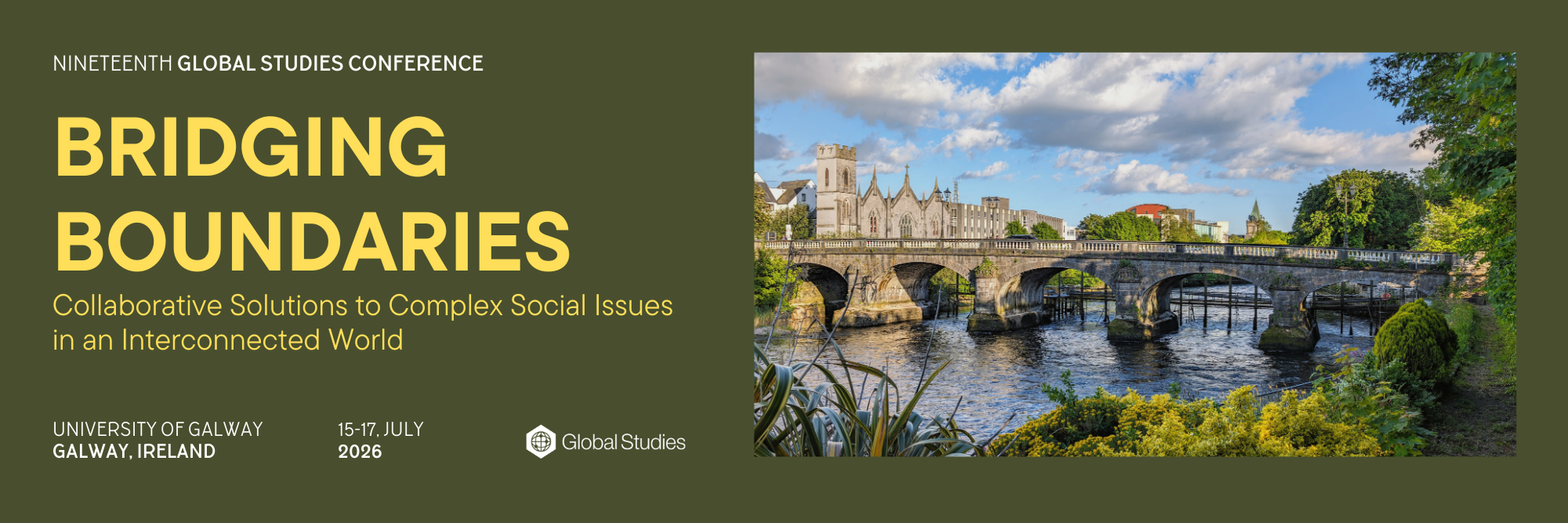Abstract
This paper analyzes a faculty-led study abroad program, from the US to Ireland and Northern Ireland, that explores how societies once divided by conflict have come together using literature and the arts to facilitate expression and reconciliation. We take US students to visit postconflict sites like monuments and murals, participate in peacebuilding workshops, and explore how the arts bridge boundaries between communities in Dublin, Belfast, and Derry/Londonderry. Moving beyond dark tourism, study abroad provides on-site learning experiences in which students think critically about the power of narratives to inflame, but also to build trust and tolerance in historically balkanized places. In the US, divisions of race, class, education, and political affiliation have significantly increased in the last decade, as evidenced in acrimonious rhetoric and growing political violence. Learning in and about Ireland and Northern Ireland reveals what is at stake in the way our culture decides to address this heightened state of political polarization. In postconflict zones where there may be no shared stories about what happened, students learn how to listen to multiple viewpoints, dwell in gray areas, and acknowledge differing opinions even in the search for consensus. While outcomes are not guaranteed, study abroad can create new possibilities for empathy and de-escalation. We believe that this model of transatlantic democratic exchange is both transformational and transferrable, harnessing the power of humanities education as a preventative exercise against future violence.
Presenters
Jessica MartellAssociate Professor, Interdisciplinary Studies, Appalachian State University, North Carolina, United States Zackary Vernon
Associate Professor, English, Appalachian State University, North Carolina, United States
Details
Presentation Type
Paper Presentation in a Themed Session
Theme
KEYWORDS
Study Abroad, Peacebuilding, Arts, Humanities, Ireland, Northern Ireland, United States

